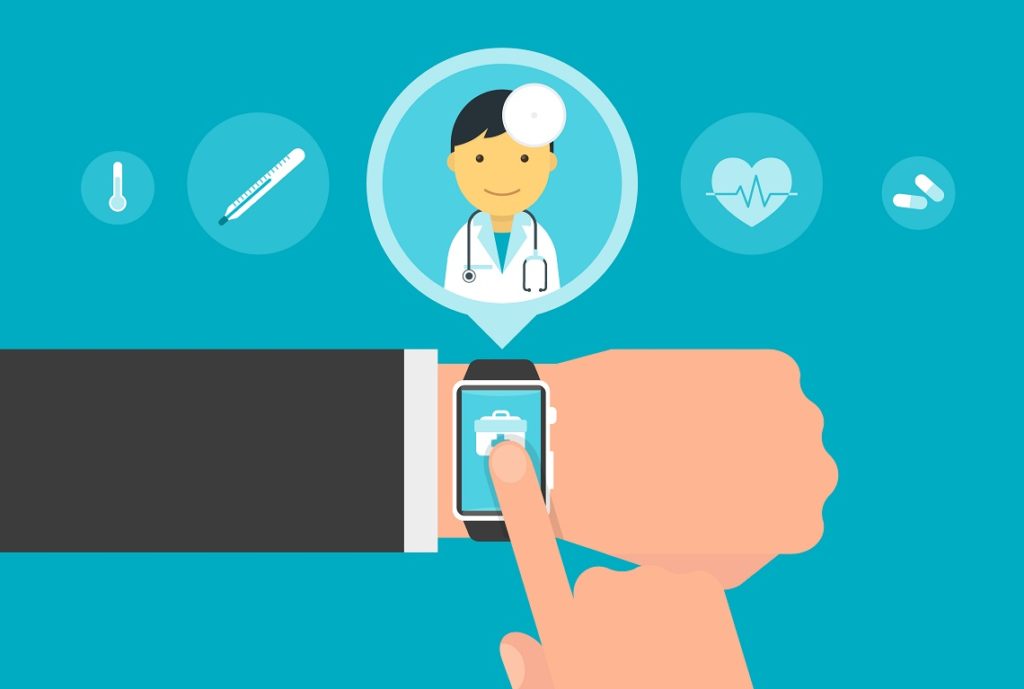
Speaking at our recent NYAS conference on mHealth and wearable devices, John Mastrototaro, vice president of informatics at device company Medtronic, shared his futuristic views of how he believes technology and data will overhaul the healthcare system via increases in home-based patient monitoring.
Mastrototaro envisions remote monitoring and sensing will be key to a less-expensive healthcare system.
Aggregating relevant data from a large number of people and devices will hopefully improve understanding of patient outcomes as well as the best treatment options for individual patients. These changes will decrease healthcare costs by:
- Placing greater focus on preventative care to avoid costly emergency hospital trips
- Incorporating physician feedback from remote monitoring patients’ data via a dashboard
- Empowering the tech support staff to intervene if patients’ metrics appear dangerous
To move towards this system, data needs to be collected from more than medical devices. John wants to include info such as meds, doctor appointments, trips to the ER, general health and wellness routines as well as societal situations to develop analytics and insight, keeping patients healthy throughout the entire healthcare continuum.
Mastrototaro mentioned several new products – including some of Medtronic’s own – that point to a shift in the healthcare system towards more remote monitoring:
- Cardiocom: remotely manages heart patients’ data and flags dangerous readings
- MiniMed: monitors child diabetes patients in real time and texts caregiver if blood sugar is too low
- Zephyr: variety of products with sensors to monitor health outputs and allow patients a more active role in their healthcare
- Biotronic: remote monitoring patients using implantable cardiac defibrillator (ICD) devices
- AliveCor: allows on-demand ECGs for heart patients via a device connected to a smartphone or tablet
By placing emphasis on cutting the patient burden of doctor visits and driving healthcare towards home-based, preventative measures, John believes we will drastically reduce healthcare costs.
Wearable devices and technology that use remote monitoring can also help patients improve their quality of life by reducing the number of trips to doctors offices.
Of course, these devices and others create various new data sources that have an effect across the care continuum both pre- and post-approval of a new therapy. If these devices are going to be incorporated into clinical research, it’s vital to understand the connection in the life sciences industry of these two typically disparate worlds (operationally anyways).
Clinical data management done well provides a comprehensive view of a clinical trial that incorporates real-world patient data. Not done well, it just creates noise. We like to think we do it well.
What do you think of Mastrototaro’s future vision of the healthcare system? Will an increase in remote monitoring and data collection reduce healthcare costs?
